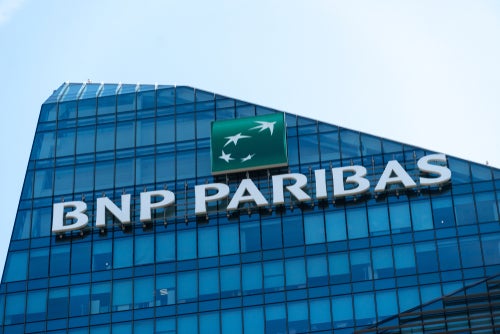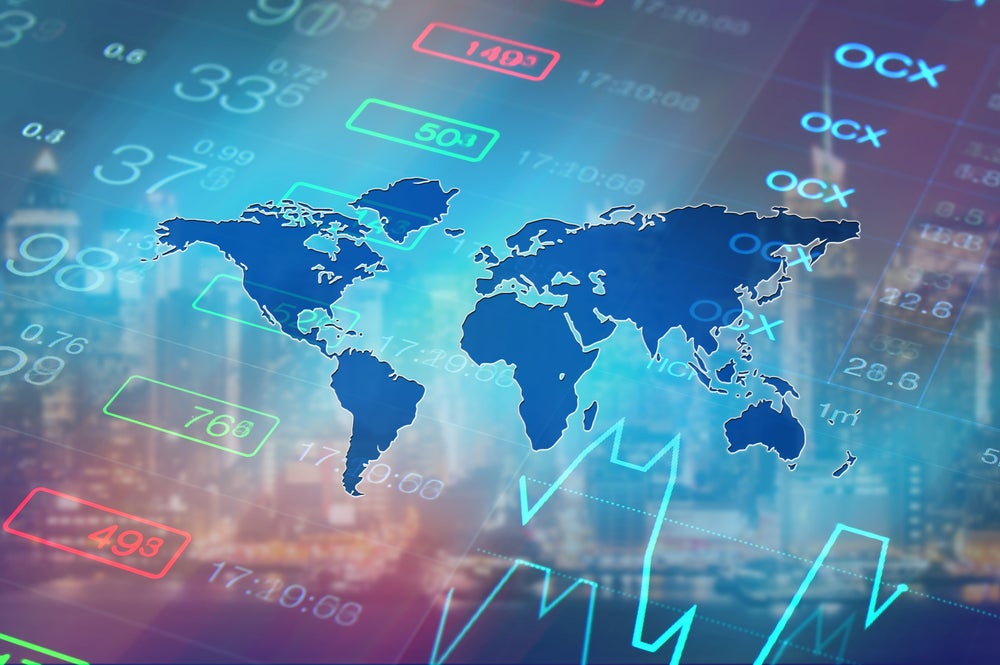
Although European firms have to disclose Scope 3 emissions from this year, France’s CAC-40 still have a haphazard approach to reporting. Adrian Murdoch reports for Capital Monitor.
Despite the rhetoric, consistency of reporting, especially of Scope 3 emissions – carbon emissions not directly linked to a reporting entity – within Europe has been haphazard at best.
Last year Capital Monitor concluded that German corporates had been slow to get into gear.
In September, only half of the companies in Germany’s benchmark Dax-40 stock market index had reported on more than four of 16 categories of indirect greenhouse gas emissions, and five had not reported on them at all.
The Dax-40 is seen as an indicator of the state of the German economy and, by extension, as the largest economy in Europe, for that of the broader region too.
Given it’s the second-largest economy on the continent, it’s fair to ask whether France is any better? A December report from Berlin-headquartered credit ratings provider Scope Group suggests not really.
How well do you really know your competitors?
Access the most comprehensive Company Profiles on the market, powered by GlobalData. Save hours of research. Gain competitive edge.

Thank you!
Your download email will arrive shortly
Not ready to buy yet? Download a free sample
We are confident about the unique quality of our Company Profiles. However, we want you to make the most beneficial decision for your business, so we offer a free sample that you can download by submitting the below form
By GlobalDataIt looked at the performance of companies on the benchmark French stock market index CAC-40 which is made up of 40 of the most prominent listed companies in the country.
“Our first conclusion is that corporate climate-related disclosure is far from being uniform and standardised even under the regulatory impulse of the European Union,” says Bernhard Bartels, group managing director of ESG analysis at Scope Group and lead author of the report.
He mentions the Sustainable Finance Disclosure Regulation (SFDR) coming into force in Europe later this year and the Corporate Sustainability Reporting Directive (CSDR) next year. For the former, corporations will have to report on Scope 3 emissions in their portfolios. It remains unlikely that the regulators would impose sanctions at the moment but in the short term it could hamper an ability to raise capital or make the firms less attractive to investors. CSDR requires companies to publish detailed information on sustainability matters.
“The new rules will make more businesses accountable for their impact on society and will guide them towards an economy that benefits people and the environment,” said Europe’s minister for industry and trade Jozef Síkela when the regulations passed at the end of November. “Data about the environmental and societal footprint would be publicly available to anyone interested in this footprint.”
The good, the bad and the slow
Scope Group has broadly grouped the CAC-40 companies into five groups according to their levels of disclosure.
The first group reports disclosure in detail as well as sector-relevant emissions. It includes Paris-based high-performance and construction manufacturing company Compagnie de Saint-Gobain; Legrand Group, a global specialist in electrical and digital building infrastructures; tyre manufacturer Michelin; pharmaceutical and healthcare group Sanofi; digital automation and energy management firm Schneider Electric; and L’Oréal.
The world’s largest cosmetics company is a global front-runner in disclosure terms. At the end of last year, for example, it was recognised for the seventh year in a row by global non-profit firm CDP with an AAA rating for environmental achievements on climate change, forests and water.
Two of the three key performance indicators (KPIs) on L’Oréal’s massively oversubscribed €1.25bn ($1.36bn) 4.25-year sustainability-linked bond in March last year – and detailed in its sustainability-linked financing framework – target Scope 3 emissions.
One is a net-zero 2025 target for Scope 1 and Scope 2 emissions (those directly linked to the reporting entity), but the second is a 14% reduction in what it calls “cradle-to-shelf” emissions by 2025 from a 2021 base year while the third targets packaging. It wants half of the group’s plastic packaging to be from recycled or biobased sources by 2025.
The companies in the second group identified by Scope Group provide limited detail for emissions but good coverage of those relevant to their industry.
Companies include concessions and construction company Vinci; aerospace multinational Airbus Group; telco Orange; supermarket group Carrefour; and electrical systems manufacturer Thales.
Thales, for example, is committed to achieving carbon neutrality by 2040 for its operational emissions, but only by then for its Scope 3 business travel emissions.
The third group of service-related companies offers detailed disclosure for some emissions, but limited coverage of downstream-related emissions or contribution to emission avoidance in the use of their sold products.
This group includes payment company Worldline; advertising and public relations firm Publicis Groupe; mass media group Vivendi; consultancy Capgemini; as well as laboratory and testing group Eurofins Scientific.
In its last ESG report, Eurofins admits that its central carbon footprint data collection is “still in an early phase” and that it intended to work “particularly” on its Scope 3 emissions.
The fourth group of companies includes those like electronics company STMicroelectronics and ophthalmic lens manufacturer EssilorLuxottica.
These companies provide limited coverage of emissions overall.
The most recent EssilorLuxottica sustainability report shows that the company does track the Scope 3 emissions of the transport of its products, but nothing else.
The fifth group…
The elephant in the room is the fifth group, which is made up of the four financial institutions within the CAC-40: the insurer AXA and the banks BNP Paribas, Crédit Agricole and Société Générale.
Only Crédit Agricole reports on Scope 3 emissions from its investments. “In the remaining companies, reporting is limited to investments in fossil fuels and other carbon-intensive industries,” the report says. So, for example, there would be no mention of BNP Paribas’ role of joint global coordinator of Airport Authority Hong Kong’s much-criticised $3bn four-tranche bond sale that included a green $1bn 4.75% 2028 portion; or that Societé Générale supports the activities of French energy major Total; or the criticism AXA received for supporting offsetting rather than carbon reductions.
At the beginning of December, Crédit Agricole, which was ranked by Capital Monitor as the world’s most sustainable bank, declared that as well as emission from five sectors – oil and gas, automotive, power, commercial real estate and cement – it would begin to disclose the targets for shipping, aviation, steel, residential real estate and agriculture from this year.
These ten sectors, the bank said, represent more than three-quarters of global GHG emissions and around 60% of the bank’s credit exposure.
Overall, much like the difficulty in assessing the emissions from the Dax-40, the problem remains of comparing apples and oranges.
“The targets set by CAC-40 companies differ widely which makes it hard to compare one firm’s targets with another’s,” says Tetiana Markiv, associate analyst at Scope ESG and one of the authors of the report.
The report makes clear that the buck stops with management. Although all CAC-40 companies bar BNP Paribas and Société Générale report on at least one Scope 3 category, as the report emphasises: “Emissions in categories such as employee commuting and business travel are negligible compared with indirect emissions from imported inputs or use of sold products.”
It requires “significant work” from management to push for disclosure on all Scope 3 categories – not just the easy ones. Until that is done, real financial comparison between French firms is not going to be possible.







